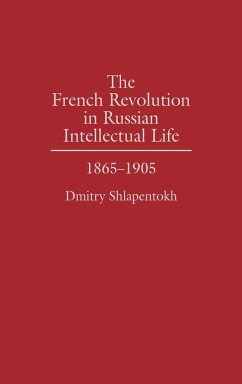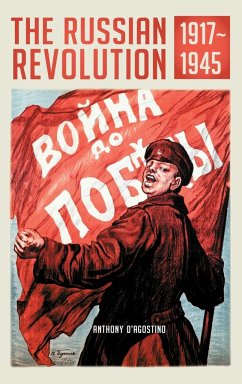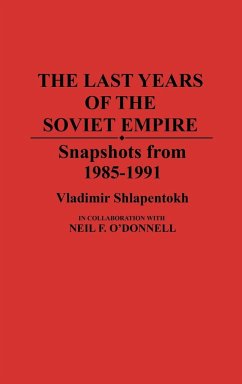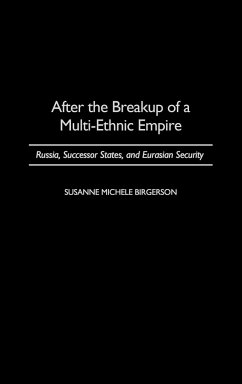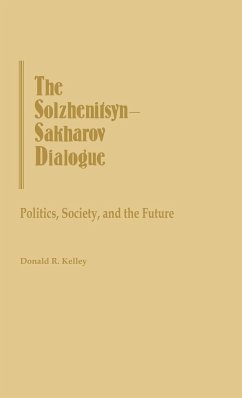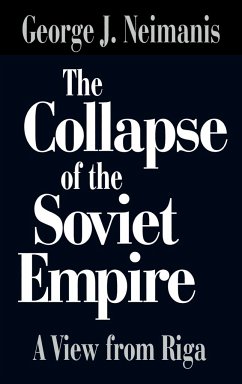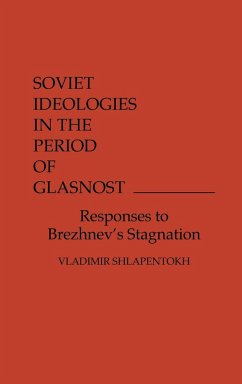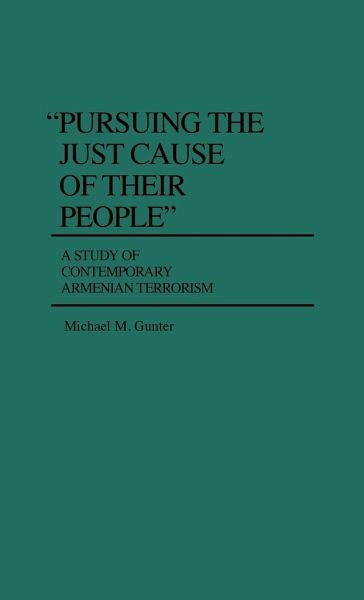
Pursuing the Just Cause of Their People
A Study of Contemporary Armenian Terrorism

PAYBACK Punkte
26 °P sammeln!
The Armenian terrorist movement is the subject of Michael Gunter's analysis. Beginning with an introductory overview of recent Armenian terrorist attacks against Turkish diplomats and property and perceived allies of the Turks, he then examines historical motivations and goals of the Armenian terrorist movement. Although the present wave of Armenian terrorism began only in the 1970s, Gunter traces its origins to the late nineteenth and early twentieth centuries. He outlines the so-called Armenian question which resulted in deportations and massacres of the Armenians by Turks during World War I...
The Armenian terrorist movement is the subject of Michael Gunter's analysis. Beginning with an introductory overview of recent Armenian terrorist attacks against Turkish diplomats and property and perceived allies of the Turks, he then examines historical motivations and goals of the Armenian terrorist movement. Although the present wave of Armenian terrorism began only in the 1970s, Gunter traces its origins to the late nineteenth and early twentieth centuries. He outlines the so-called Armenian question which resulted in deportations and massacres of the Armenians by Turks during World War I, and questions where responsibility for the actions and reactions of the period lie. Gunter then focuses on the beginnings of the contemporary Armenian terrorism, placing special emphasis on the catalytic influence of the Lebanese Civil War and the Palestinean movement. Gunter analyzes the two main Armenian terrorist organizations in terms of tactics, transnational connections, and the question of Turkish harassment and counterterror. Finally, he draws conclusions and makes recommendations for beginning a process which might eventually terminate this dangerous and destructive state of affairs.






